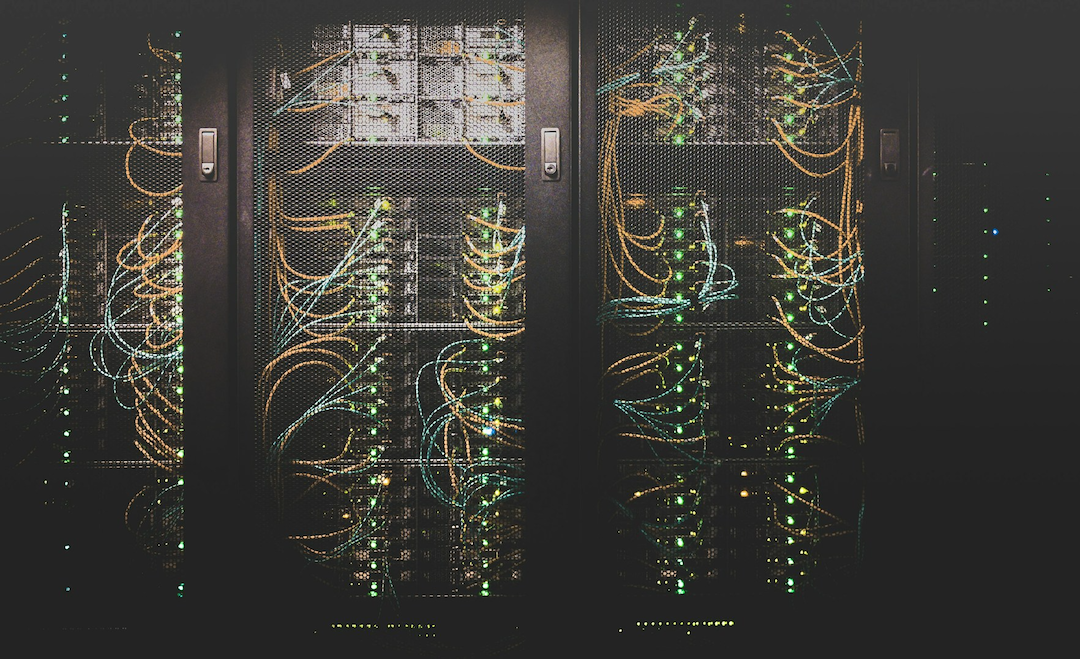
It's impossible to downplay just how important online security is right now. Compared to just a few years ago, more and more of our daily lives happen through online interactions, whether that's personal things on social media or financial through banking apps. Here are some essential steps you should be taking to make sure your online activity and information are both as secure as they possibly can be.
Hiding Your IP
In much the same way that you wouldn't freely advertise your home address to the entire world, you also shouldn't be broadcasting your IP address. After all, your IP shows where you are in almost the same way, and it can be used as the starting point for many types of cyber attacks.
While some service providers include dynamic IPs as standard, which change the address every so often, this still isn't bulletproof. Getting something like a VPN installed is the next level up from this, and there are now plenty of options like CyberGhost VPN available to the general public. These apps basically put a mask over your IP, meaning any attackers are sent to an entirely different location. There's a reason they are used as core security systems by many major companies.
Enabling 2FA
Speaking of corporations, you'd be hard-pressed to find a large one these days that wasn't making use of 2FA, or Two-Factor Authentication. If you've ever used any kind of financial service online or as an app, you will have likely encountered this concept.
The most common form is where after inputting a password on a site, you will receive an SMS message or an email asking to confirm. Other forms include biometrics like fingerprints or retinal scans on Apple devices, but all essentially come down to an extra confirmation level. While this may seem like a hassle to many users, it is undoubtedly effective. After all, the chances of an attacker having access to two of your systems at once are incredibly low, let alone your personal biometric data.
Keeping Data Backups
Online security isn't always about stopping someone from getting in. After all, if a hacker is determined enough, most online protections can feasibly be broken down in time. There's also the chance of one small slip-up by the user that creates an opening, making all that security useless. At that point, the key term is damage control.

Recent stories with Google Cloud and others have highlighted how important it is to have your data backed up in multiple different ways. Like 2FA, it comes down to probability in the end; the chances of one of your systems being compromised could be low, but the odds of two or three different, independent systems failing at once is nearly impossible. Many services frame this as a business transaction, but setting up a personal collection of backups is both feasible and recommended these days.
Staying safe online often comes down to you in the end. Check emails carefully, don't trust suspicious links and always do your research if something seems off!
Share this post
Leave a comment
All comments are moderated. Spammy and bot submitted comments are deleted. Please submit the comments that are helpful to others, and we'll approve your comments. A comment that includes outbound link will only be approved if the content is relevant to the topic, and has some value to our readers.

Comments (0)
No comment